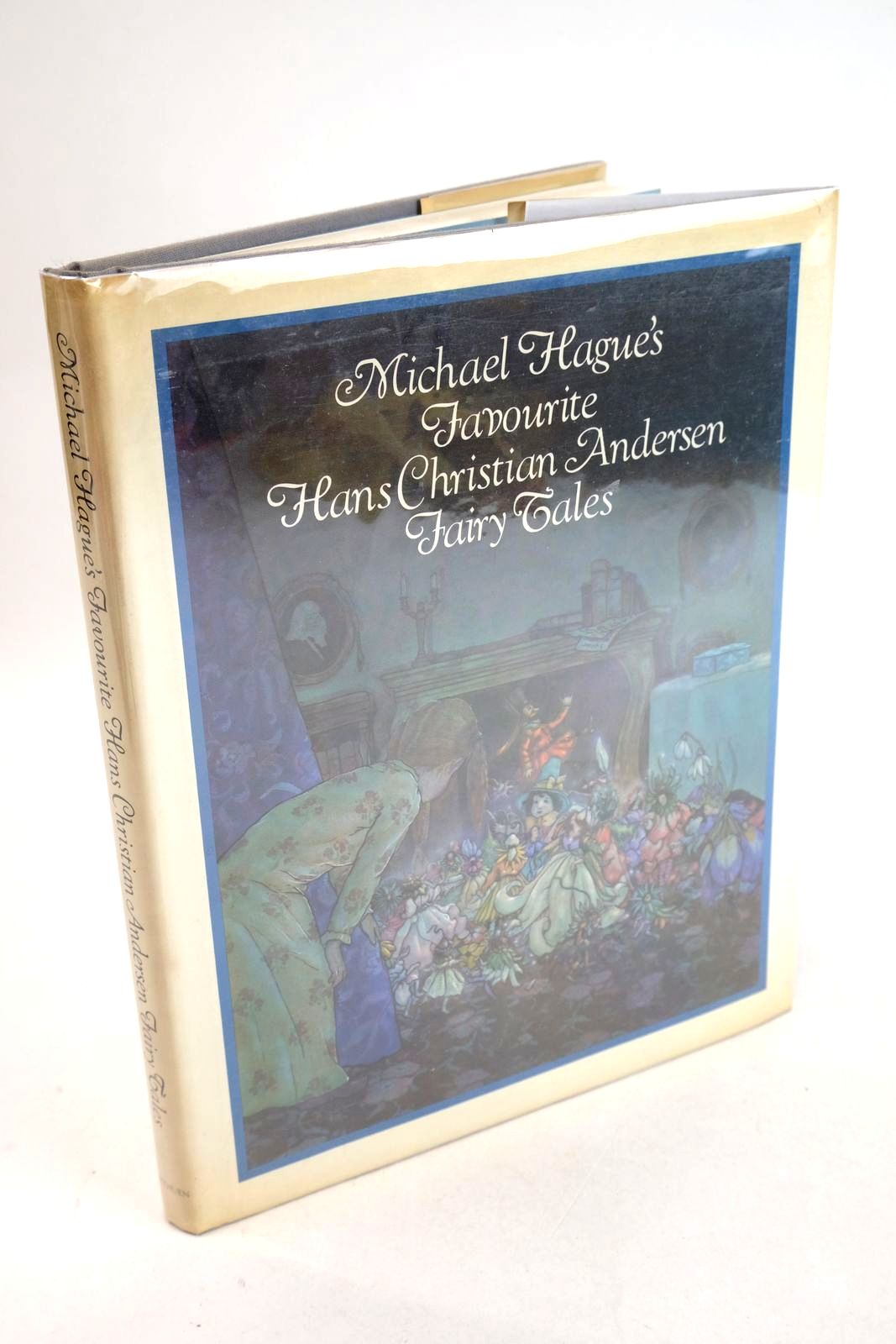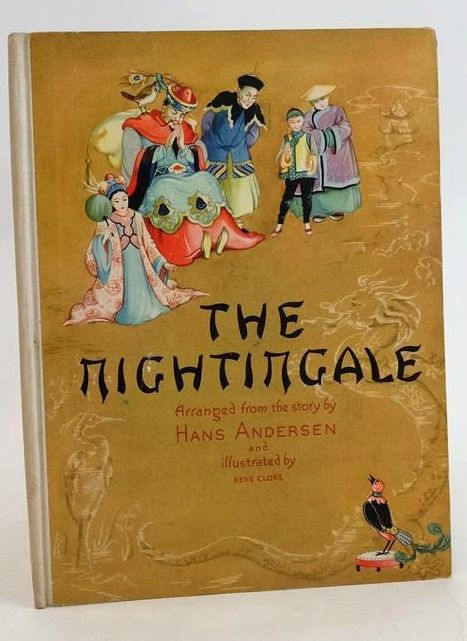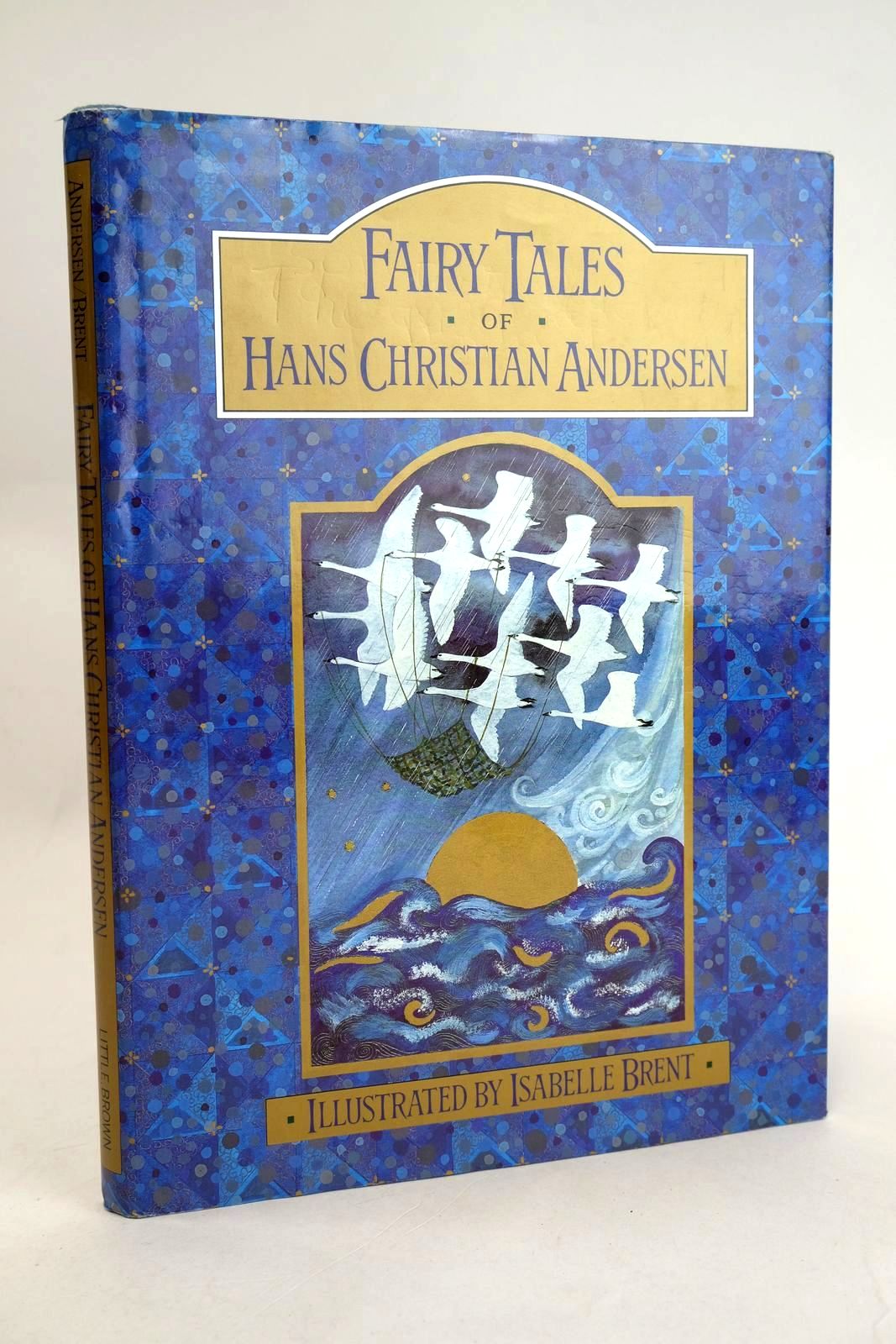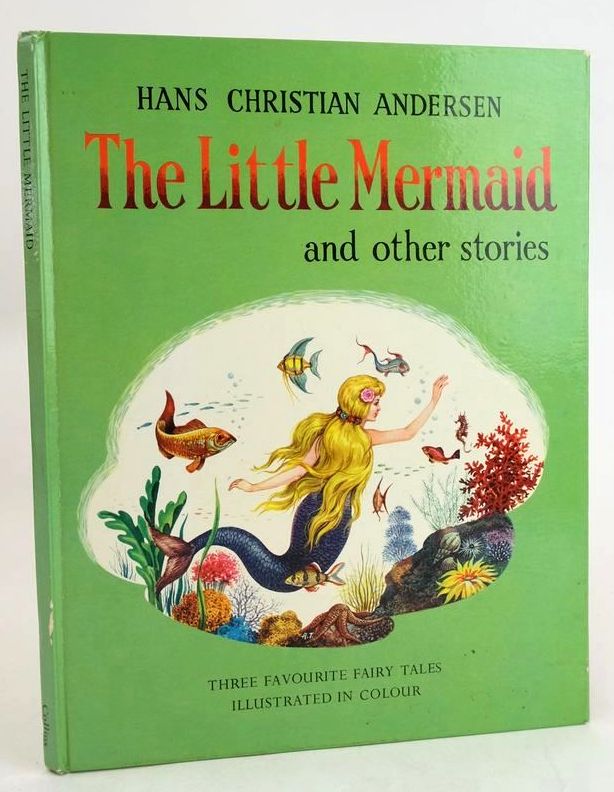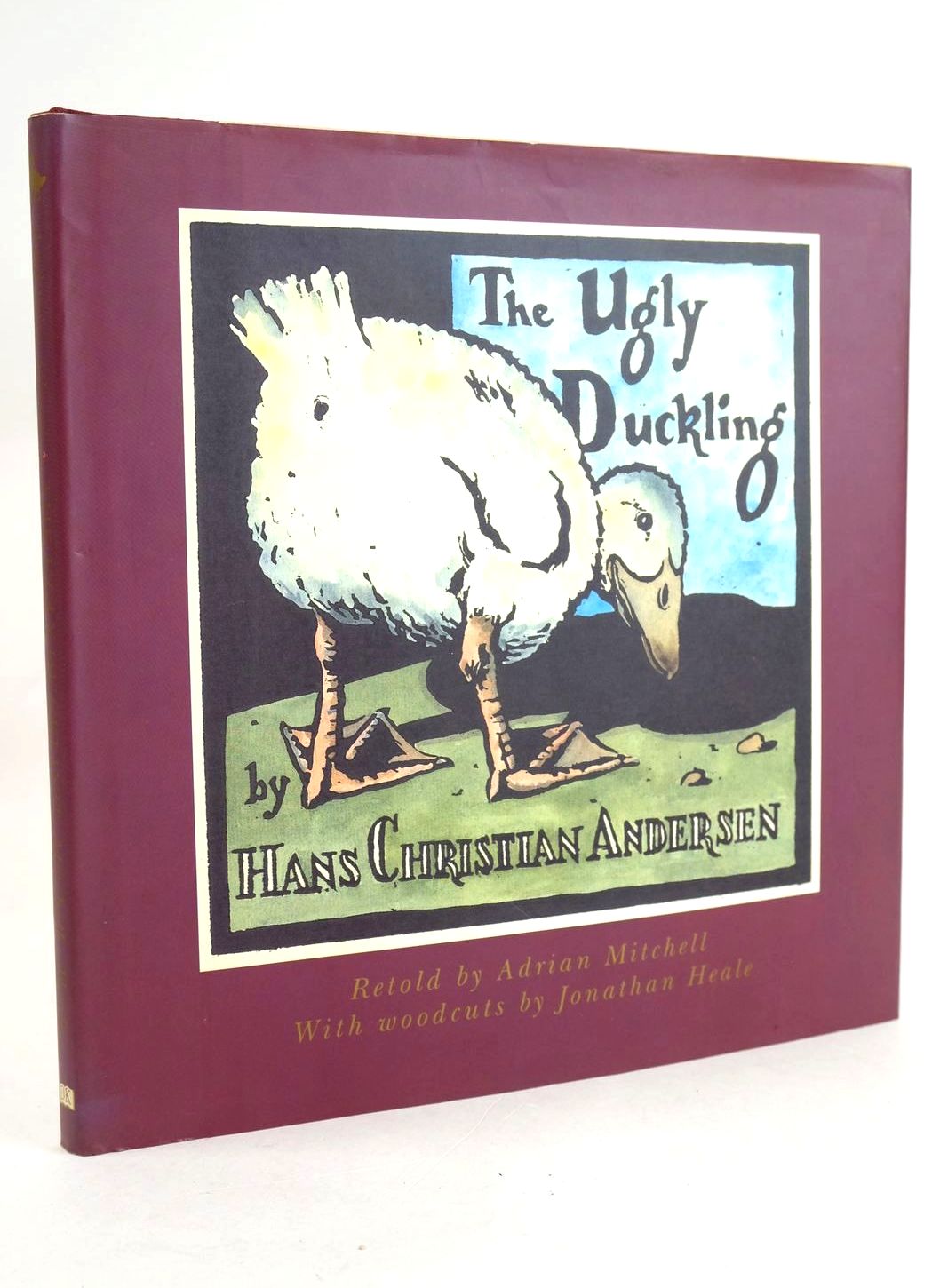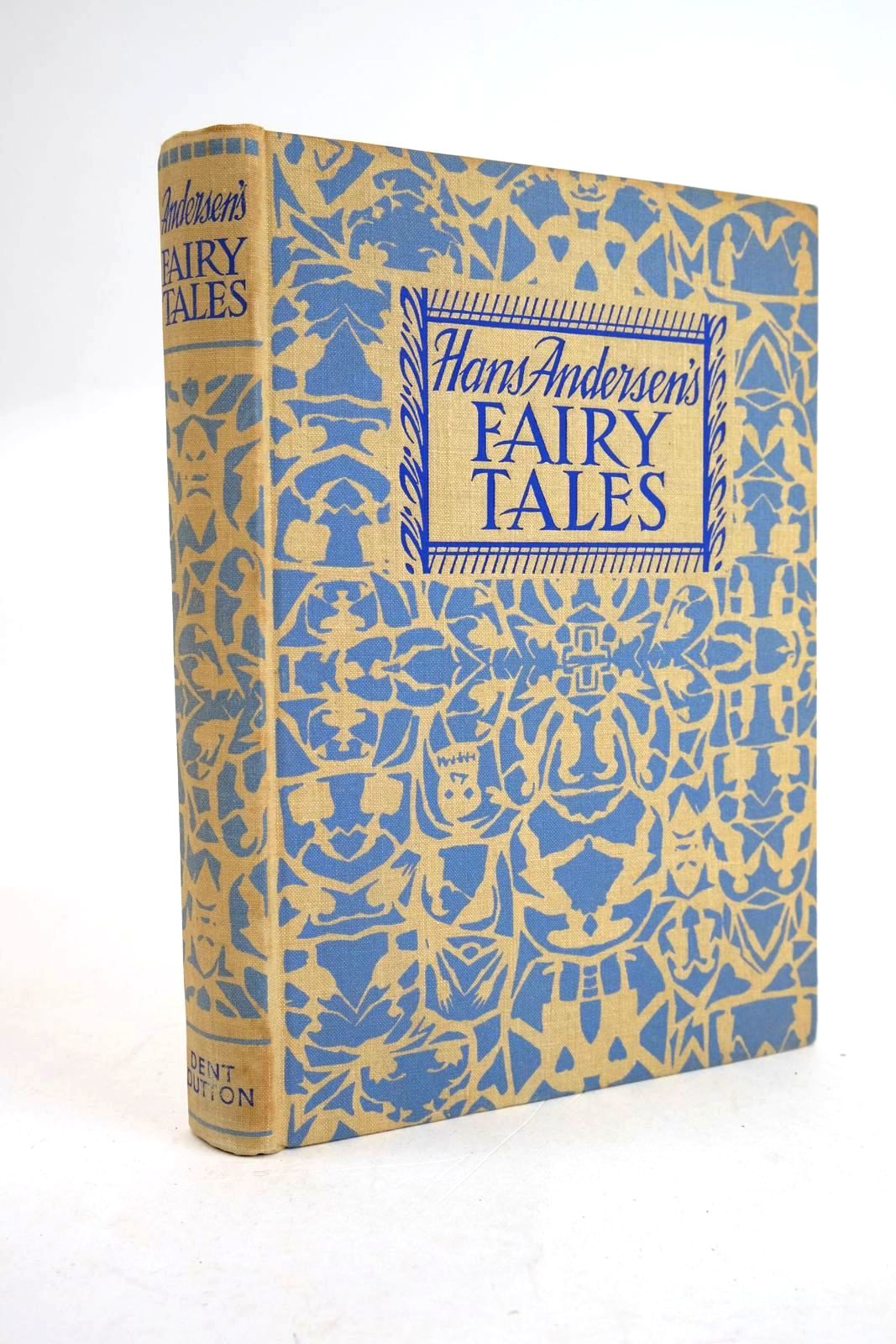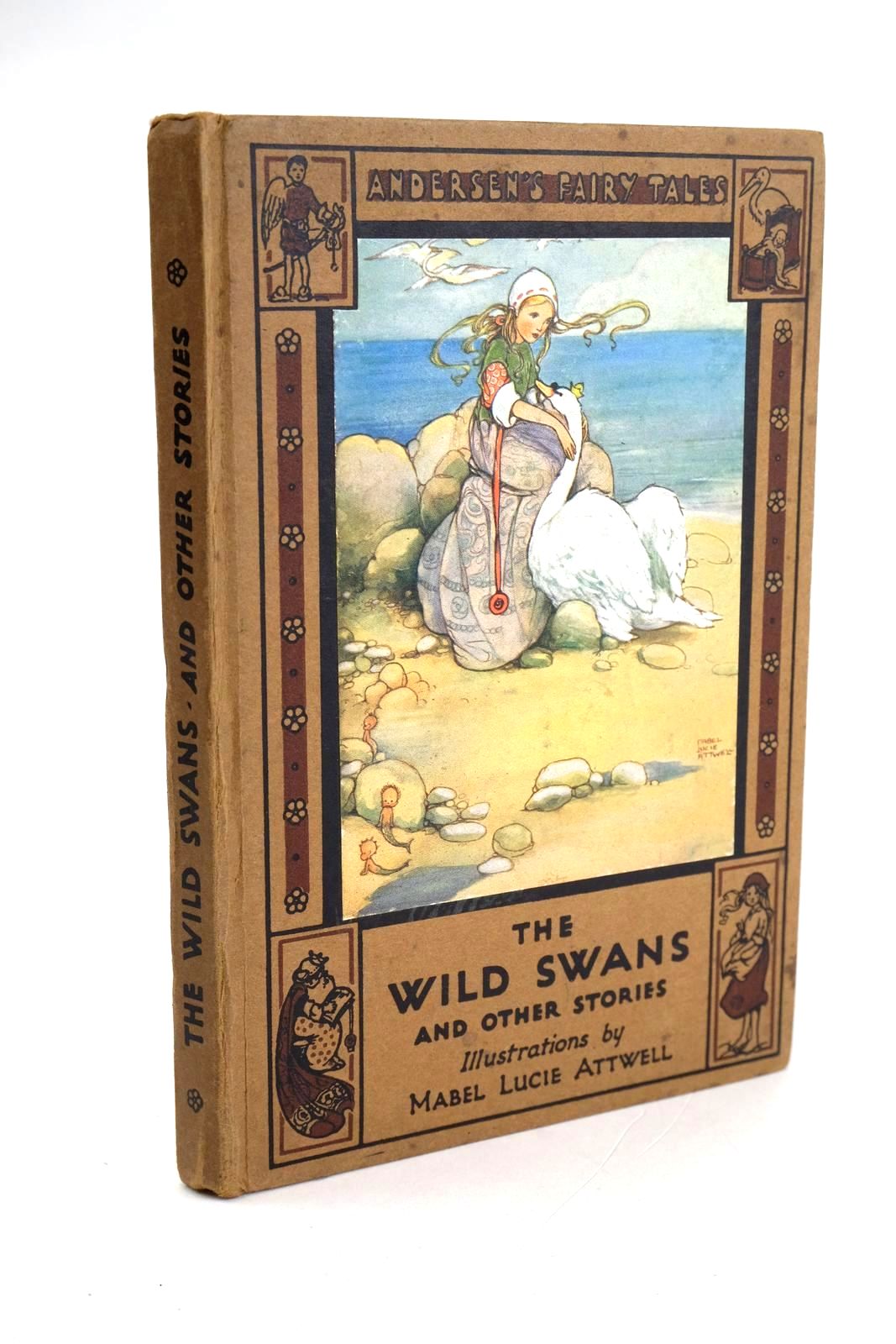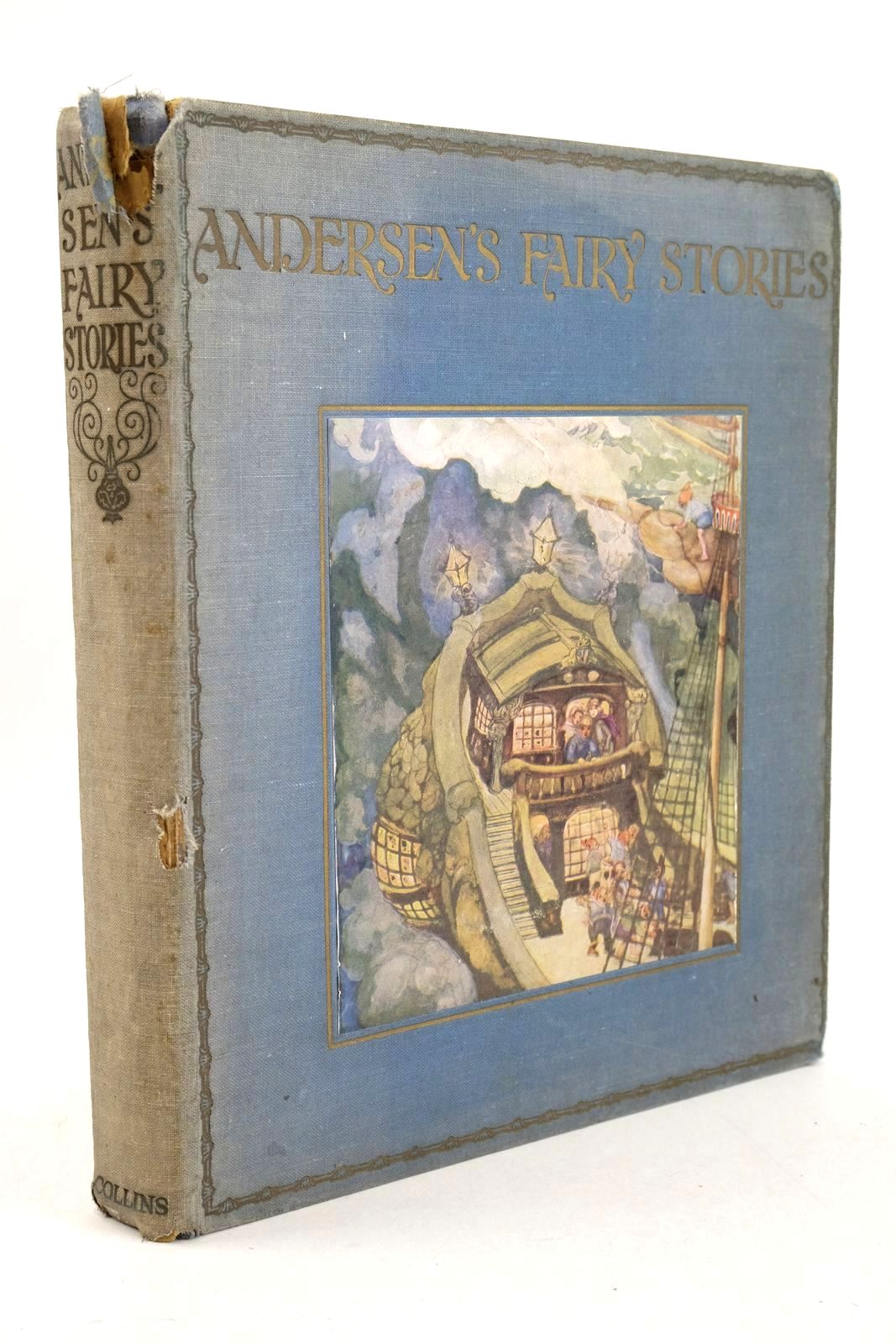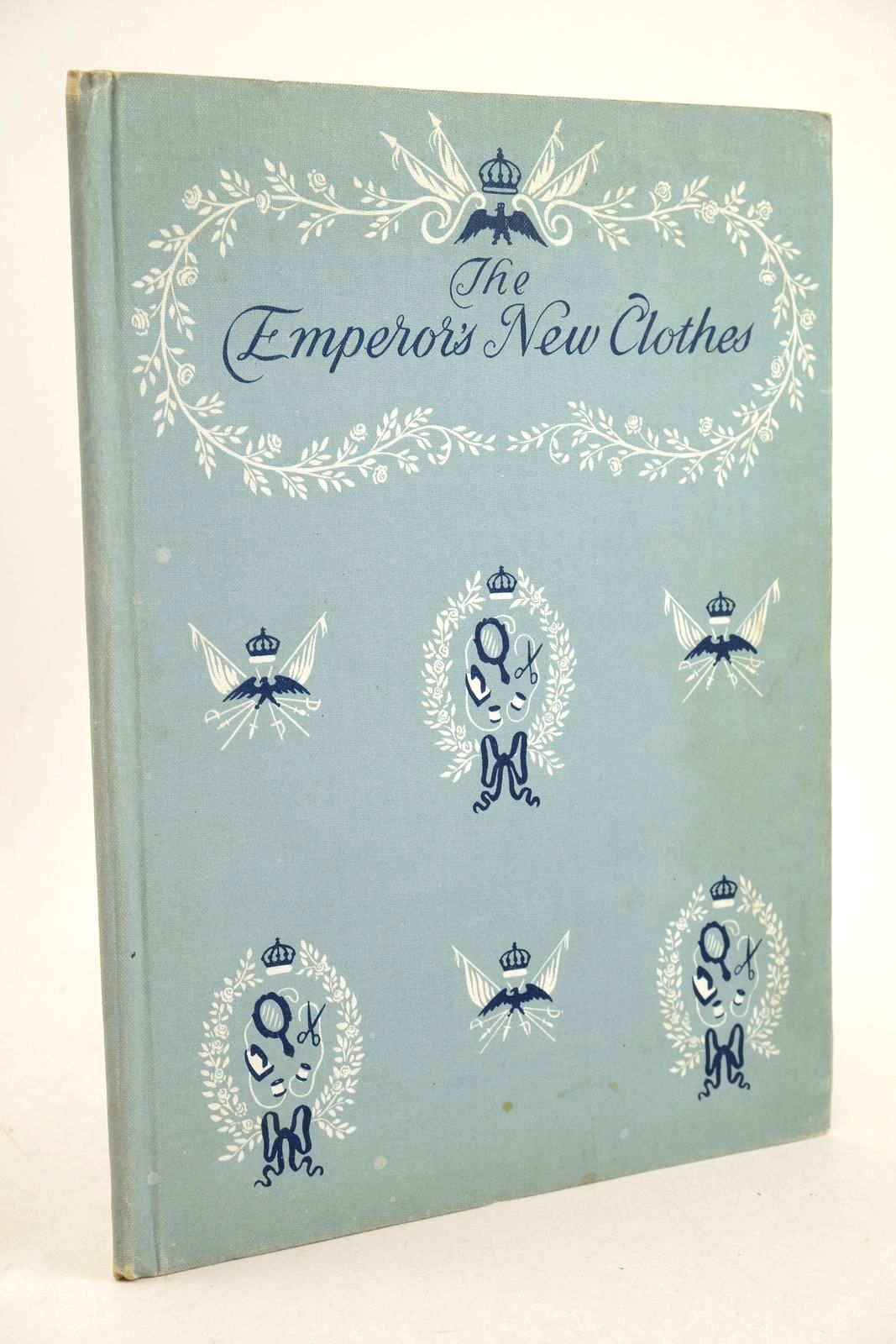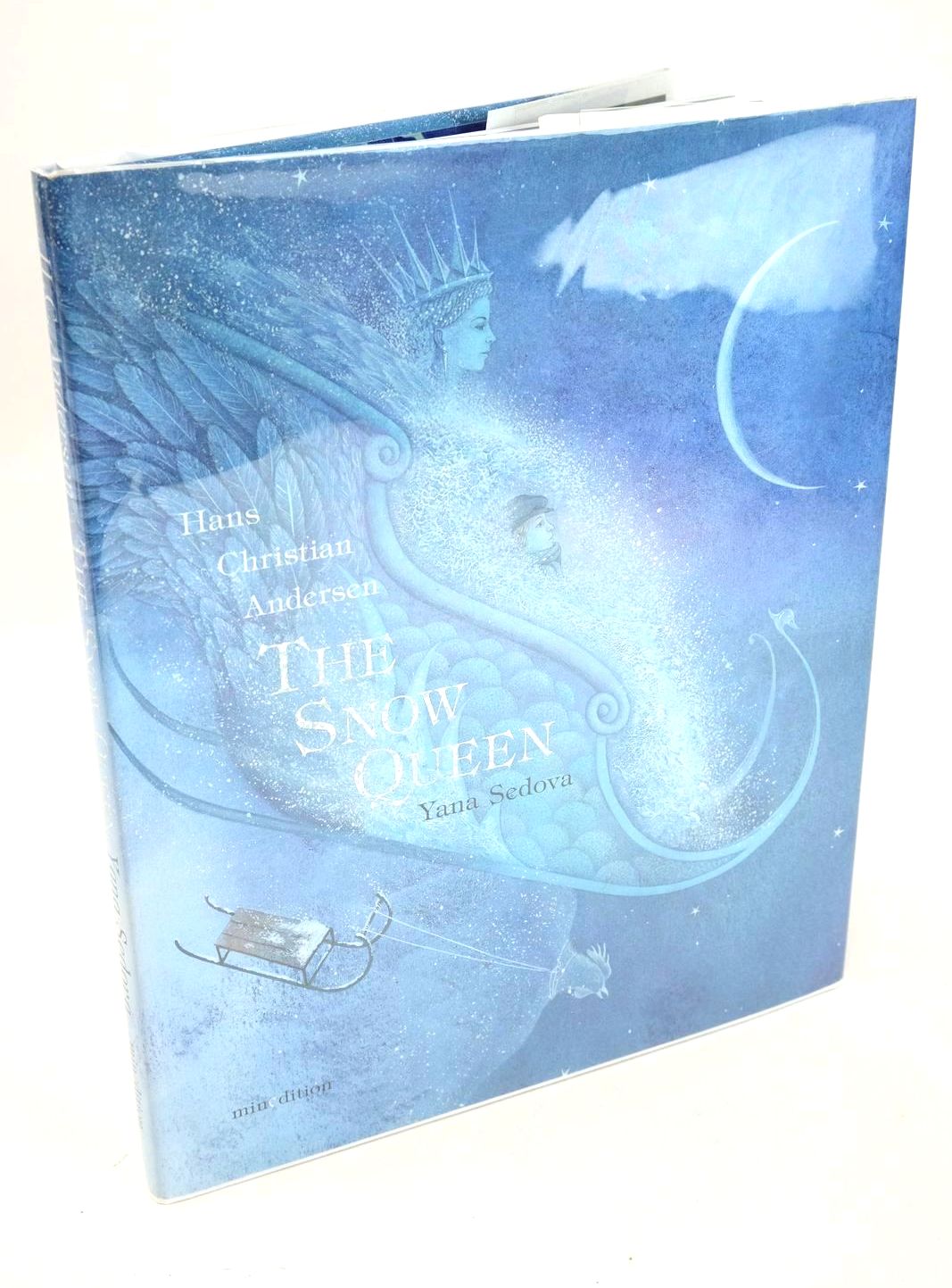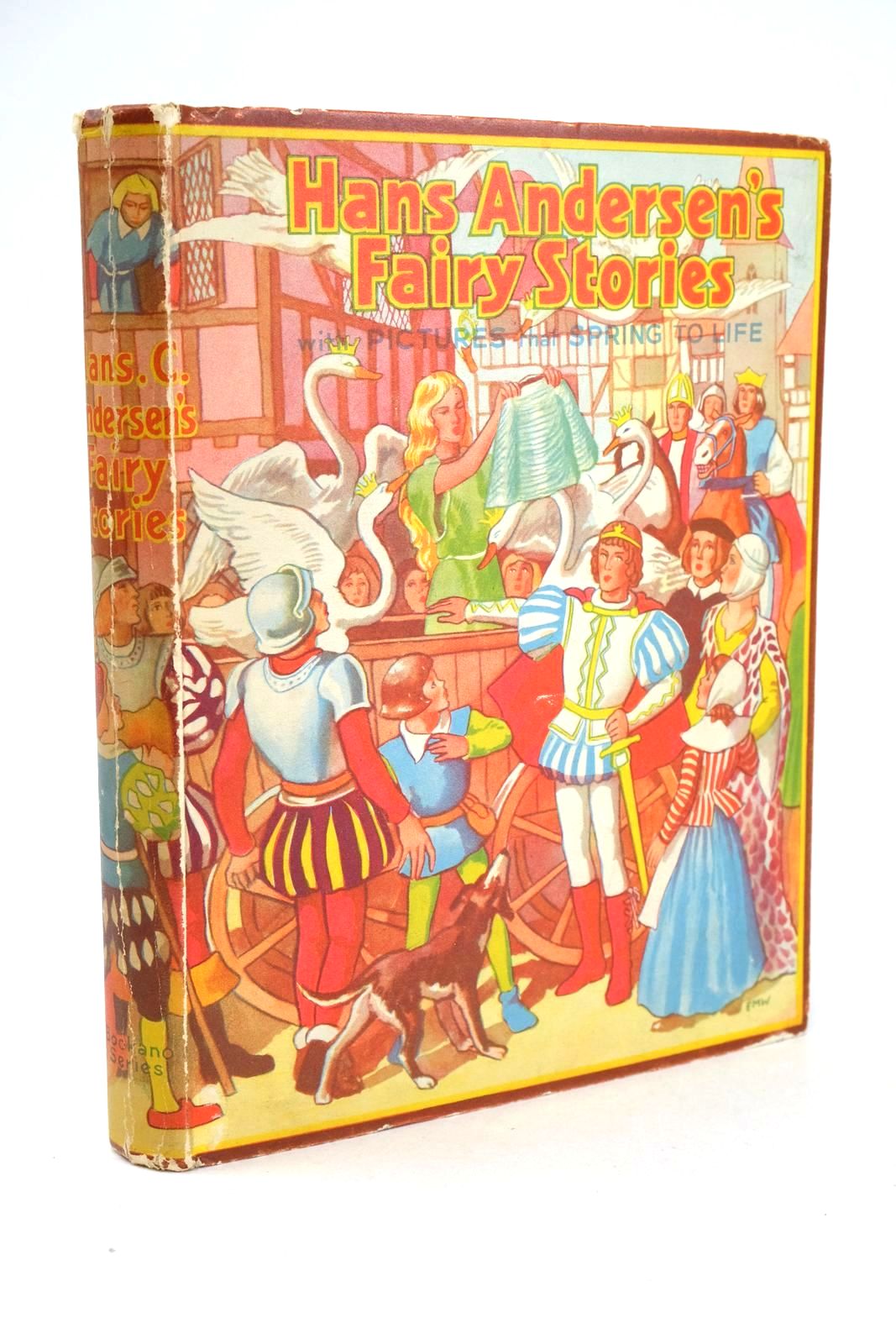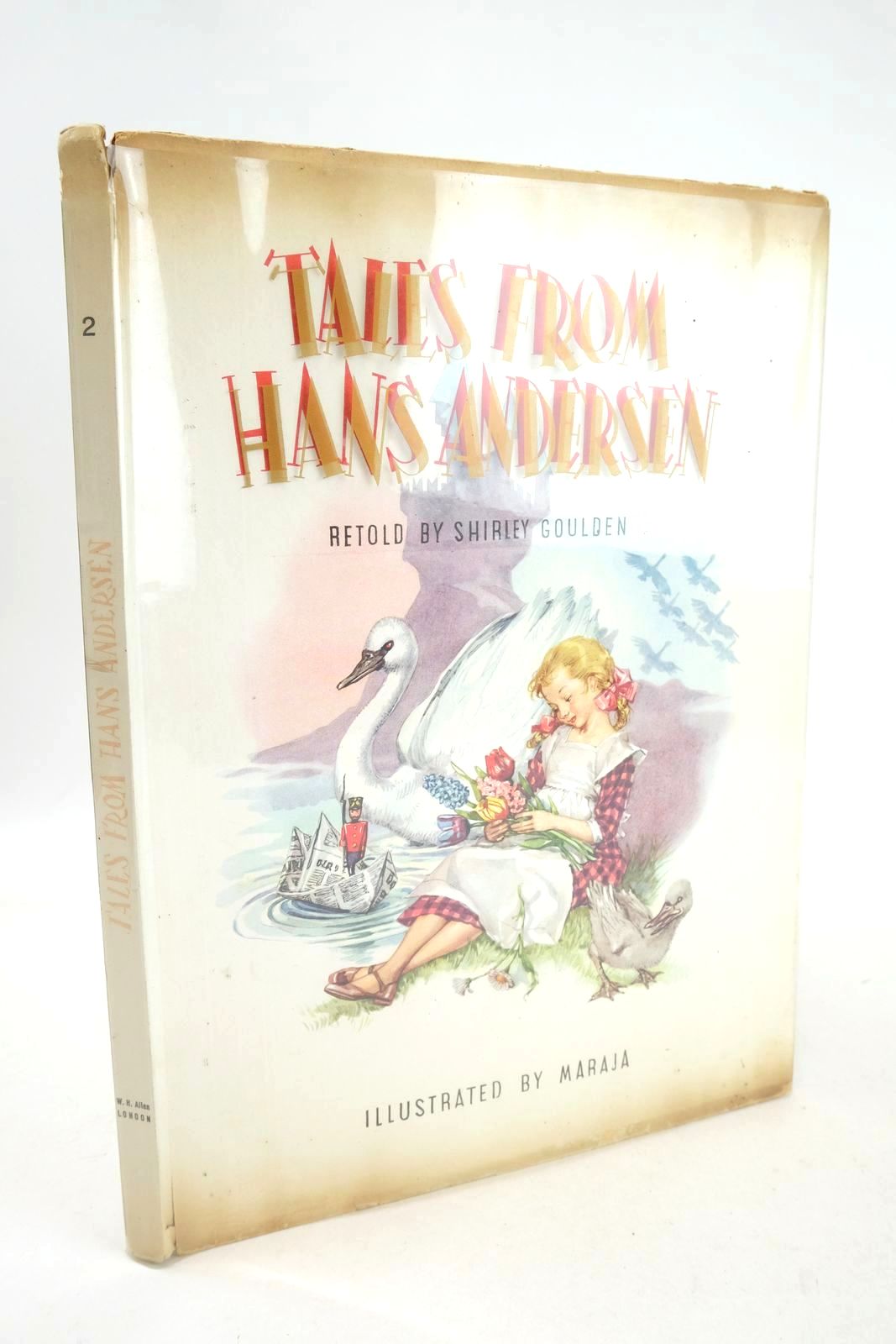Many A Tale To tell
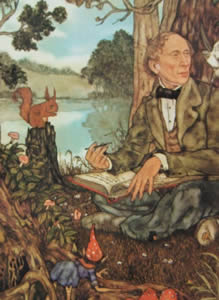 Once upon a time there lived a very, very poor family. The father was a cobbler when he could get work and the mother was an illiterate washer woman. When the son was only eight, the father died after serving as a soldier in the wars and the mother was forced to spend nearly all her days working away from home so that they could survive. Often the son would be given a loaf and told that was his week’s food.
Once upon a time there lived a very, very poor family. The father was a cobbler when he could get work and the mother was an illiterate washer woman. When the son was only eight, the father died after serving as a soldier in the wars and the mother was forced to spend nearly all her days working away from home so that they could survive. Often the son would be given a loaf and told that was his week’s food.
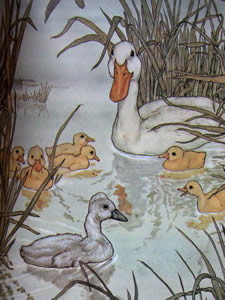 But, like all very poor people, the family believed in education even if all they could do was ensure the son could read and write; and when he was left all alone he did read whatever he could and he peopled his lonely world with the fruits of his imagination. He would play with one of the only gifts his father had left him; a puppet theatre that his father had built, and he would act out the myths and tales his mother told him.
But, like all very poor people, the family believed in education even if all they could do was ensure the son could read and write; and when he was left all alone he did read whatever he could and he peopled his lonely world with the fruits of his imagination. He would play with one of the only gifts his father had left him; a puppet theatre that his father had built, and he would act out the myths and tales his mother told him.
Oddly, although he was a strange looking child, inordinately tall with large hands and feet and certainly ugly, there was something about him. Yet, when he decided at the age of fourteen to leave home to go to the great capital city to become famous, only his mother believed him; only she sensed the magic within. He had read how it was done and he told his mother that first he would suffer a lot, then he would become rich.
He did suffer in the great city; he suffered terribly. He had broken open his clay piggy bank and the money lasted him little. He was soon destitute; his lodgings were in a cupboard under some stairs and he wore cast off clothing and his shoes leaked. Yet the magic held. He gained a humble position in the opera house and soon was bold enough to even dance in the theatre. People said it was like a ladder dancing, he was so tall (six foot four). He was even bold enough to show the directors some plays he was writing.
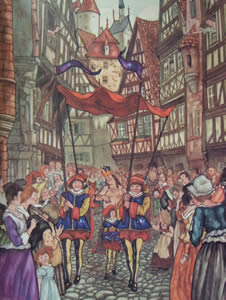 They could have laughed, but they were wise. Something of the magic affected them. They recognised he totally lacked education. They sent him to school. At seventeen, he started to learn..
They could have laughed, but they were wise. Something of the magic affected them. They recognised he totally lacked education. They sent him to school. At seventeen, he started to learn..
It was tough. He was with much younger children and his headmaster taunted him and bullied him; but he persevered. He justified the faith of the directors by gaining his degree six years later.
The following year some of the magic peeped through. His first novel - a fantastic tale of vivid imagination appeared, then another - an impassioned attack upon slavery - then another, then another. Then, still financially insecure, he published some of the tales he told to children. The magic had at last burst forth and it swept all around the world. It still does. It always will.
The critics, who had always knocked his writing - ‘he writes more as people speak’ they complained not realising the compliment they were in fact paying were blown away. They are not the ones with their names on the great arterial road that sweeps through the capital city; no one preserves their momentoes, nor do they have any statues, nor museums. They are not the most translated author in the world.
Yet, like the outcome of some of his fairy tales, our hero was never entirely happy. Celebrated and loved everywhere, he nevertheless suffered three unhappy love affairs, and when he died he said, ‘I have imagined so much and had so little.’
 Hans Christian Andersen’s life was like one of his fairy tales and it did happen like above. Born in 1805, to grinding poverty he, nevertheless, became one of the greatest writers of the world. His adult books show a grasp of communication and a simple manner of phrasing well ahead of his time. However, he always remained awkward and something of an outsider. Dickens put up a plaque after Andersen had visited:-
Hans Christian Andersen’s life was like one of his fairy tales and it did happen like above. Born in 1805, to grinding poverty he, nevertheless, became one of the greatest writers of the world. His adult books show a grasp of communication and a simple manner of phrasing well ahead of his time. However, he always remained awkward and something of an outsider. Dickens put up a plaque after Andersen had visited:-
'Hans Christian Andersen stayed here five weeks.
The Dickens Family thought it a lifetime.’
It was with children that he perhaps got on best and he loved recounting stories to them; rich tales deftly woven. Dickens was perhaps too harsh. Others found him charming. His innate loneliness appears in his writings; perhaps the most successful of his love affairs was with Jenny Lind the famous Swedish singer but even that fizzled out.
He was eventually made a state counsellor and provided with a permanent pension and he received decorations from many countries but the lonely little bronze statue of the mermaid looking out to sea from Copenhagen harbour tells his story best. Despite the crowds around her and the flowers they bring her she is still infinitely sad as she gazes at the life she knows she can never obtain.
Stella & Rose's Books wish to thank William A. Paterson for his kind submission of this article.
(Published on 1st Feb 2014 )


